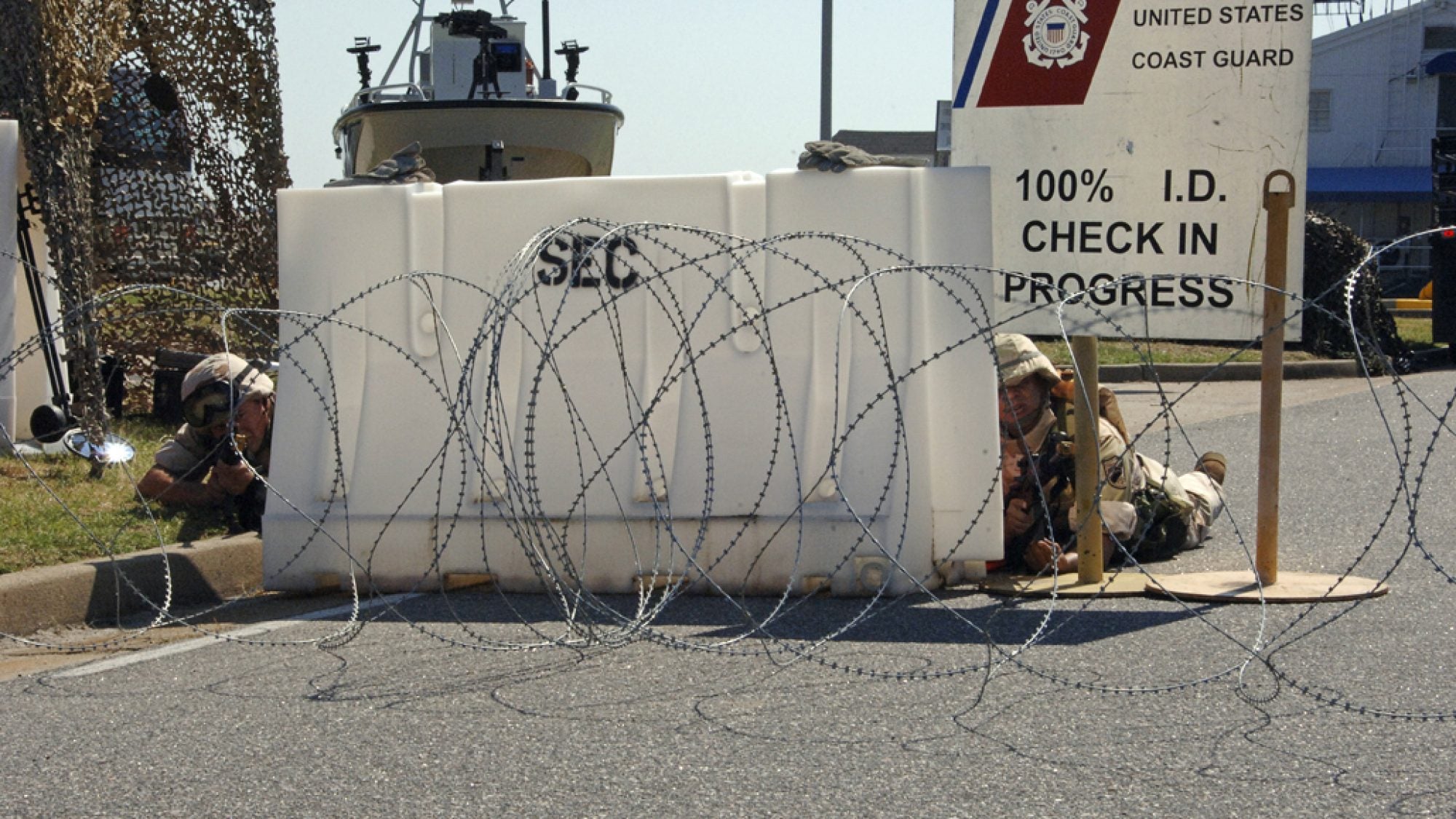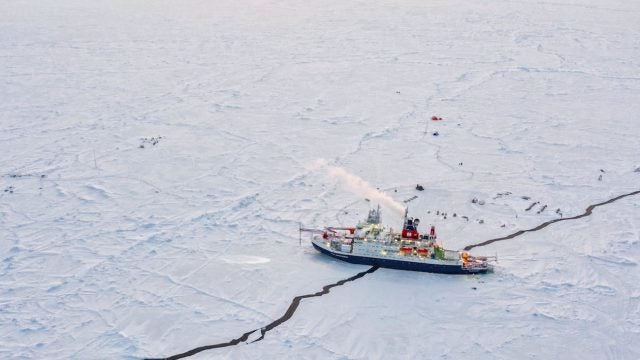
Title: A Better Plan for Port Security
When asked what it would take to ensure an atomic bomb was not smuggled into Washington, D.C., Dr. Robert Oppenheimer replied: “a screwdriver”—to open every single suitcase in the city. Nearly eight million shipping containers passed through the Port of Los Angeles last year, making it the busiest seaport in the nation. Accounting for what is inside these containers is no easy task. It should be no surprise that authorities across the nation have been unable to meet Congress’ 2006 mandate of screening each and every one of them for nuclear and radiological material. Is such an endeavor possible or even necessary? The answer is no.
Checking every shipping container entering American ports encumbers commercial activity, places an unnecessary burden on ports authority, and does little to deter terrorists and rogue states. A better policy would be to pursue a suite of capabilities including further funding technical nuclear forensics research, randomized spot checks of containers to deter terrorists, and threats to hold states accountable for the security of their nuclear arsenals and material.
The US does not need to screen every container that enters American ports. It only needs to screen enough to create doubt in the minds of terrorists that their efforts will be successful. Moreover, even if the US were able to screen every shipping container—a dubious expectation—a detonation aboard a ship in port before screening would still be devastating. When considering weapons of such physical and psychological destructive power, it does not much matter if a device explodes at port in Long Beach or in a suitcase 20 miles away in downtown Los Angeles. Commercial ports in other cities like New York and Seattle have container terminals even closer to their urban cores.
Instead of trying to screen 100 percent of containers the US should instead focus on developing its nuclear forensics capability. Nuclear forensics, which is the analysis of unused nuclear or radiological material or of post-detonation debris, allows authorities to identify the origin of suspect material. Although much of the funding for nuclear forensics is classified and widely dispersed, the latest budget request for the Department of Homeland Security’s Domestic Nuclear Detection Office, which oversees the National Technical Nuclear Forensics Center, was over $327 million. Funding for NTNFC itself totaled nearly $25 million for fiscal year 2012. This represents only part of the federal effort, which includes the Department of Defense, the Federal Bureau of Investigation, the Defense Threat Reduction Agency, as well as the national labs like Lawrence Livermore and Sandia.
Deterring collaboration between terrorists and proliferant governments is relatively straight forward. To surmount the obstacles of delivering a nuclear weapon through an American port, terrorists must rely on states for material or weapons, acquiring them through theft, purchase, or as gifts. Once a state provides terrorist groups with nuclear material, that material is no longer in its control. Were a detonation to take place on US soil or on that of a US ally, the United States can use nuclear forensics to determine where the material came from and respond in a devastating fashion against the state of origin. This credible threat is enough to deter states from diverting material to terrorist groups and coerce them to safeguard material from theft.
Even so, to a group like al-Qaeda that has demonstrated little concern for the lives of its followers, nuclear forensics might not matter much. This is the attitude that led to comprehensive container screening in the first place—the belief that unlike states, terrorists are irrational and incapable of being deterred.
However, the most competent and well-financed terrorists groups would face difficulty in mustering the resources, expertise and facilities to enrich nuclear material in meaningful quantities. Randomized spot checks would create doubt that an attack using shipping containers would succeed. Even if a terrorist group were to obtain nuclear material or a weapon, it is unlikely that it would expend the vast resources required to deliver it on such an uncertain operation. The uncertainty created by spot checks in addition to the enormous technical and financial obstacles a terrorist group faces would serve to deter.
Screening every shipping container that enters American ports is both impractical and unnecessary. A better policy would be one that combines nuclear forensics capability, randomized spot checks of containers, and threats of retaliation upon states that do not adequately safeguard their material or willingly give material to terrorist organizations. Shipping is integral to the United States’ economic competitiveness and demands a practical, effective policy for ensuring port security. Deterring terrorists and preventing them from acquiring nuclear materials from states is the best place to start.
. . .
Travis C. Stalcup is a George and Barbara Bush Fellow at the George H.W. Bush School of Government and Public Service at Texas A&M University.
Image Credit: Petty Officer 2nd Class Nathan Henise, Public domain, via Wikimedia Commons.
This is an archived article. While every effort is made to conserve hyperlinks and information, GJIA’s archived content sources online content between 2011 – 2019 which may no longer be accessible or correct.
Recommended Articles

Critical maritime infrastructures (CMI), and in particular undersea communication cables, are increasingly under threat of attacks by malign actors who benefit from asymmetric capabilities and jurisdictional complexities in the maritime…

This article explores how the Palestinian crisis and the death of the two-state solution endangers the Hashemite Kingdom of Jordan. It illuminates the complicated relationship between Jordan, Israel, and Palestine…

This article explores the uncertain future of Arctic governance amid shifting global geopolitics. It argues that whether Washington and Moscow opt for confrontation or cooperation, multilateralism in the Arctic…